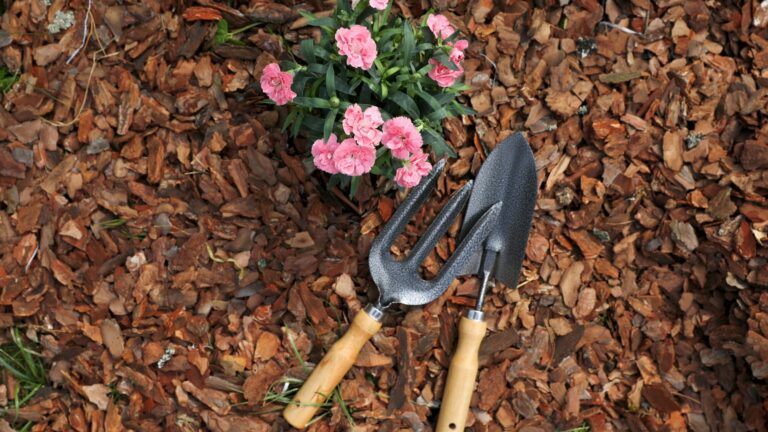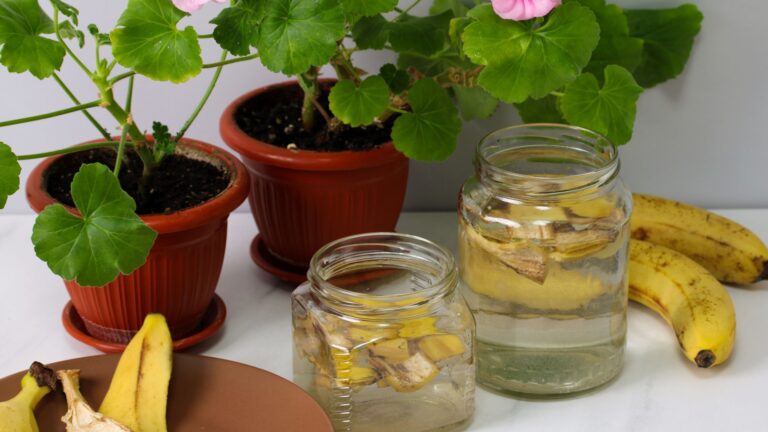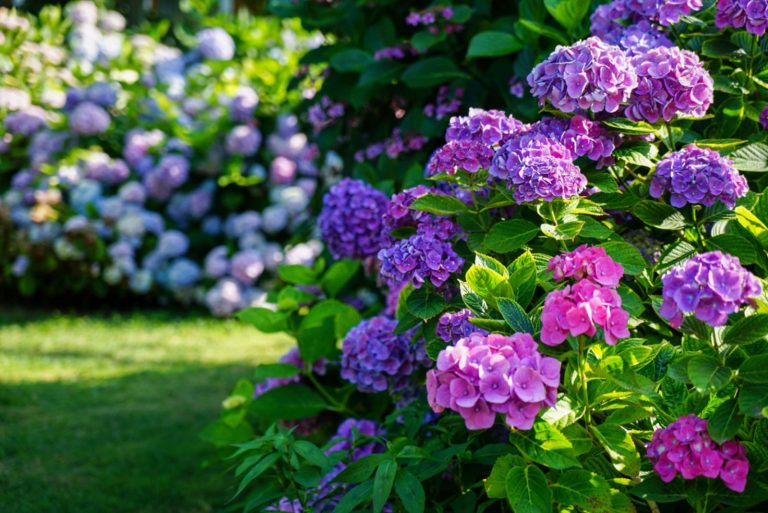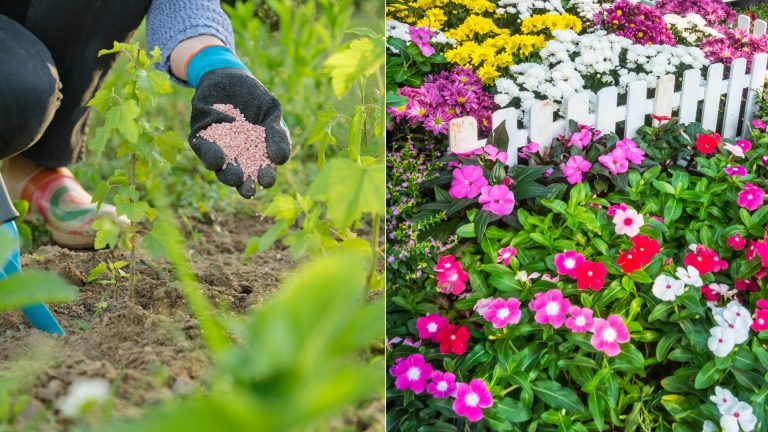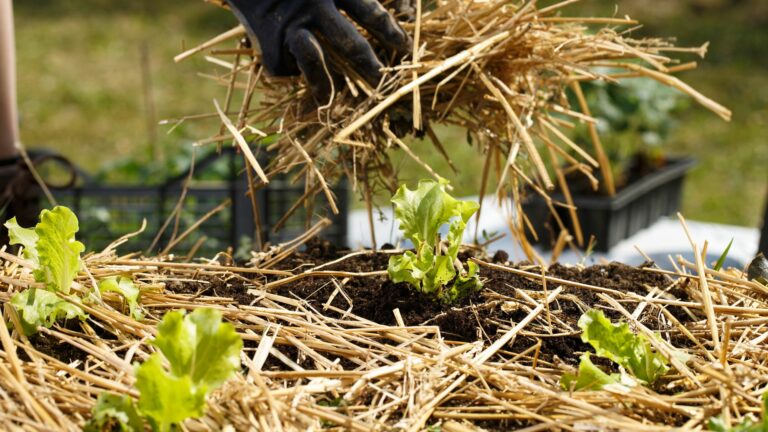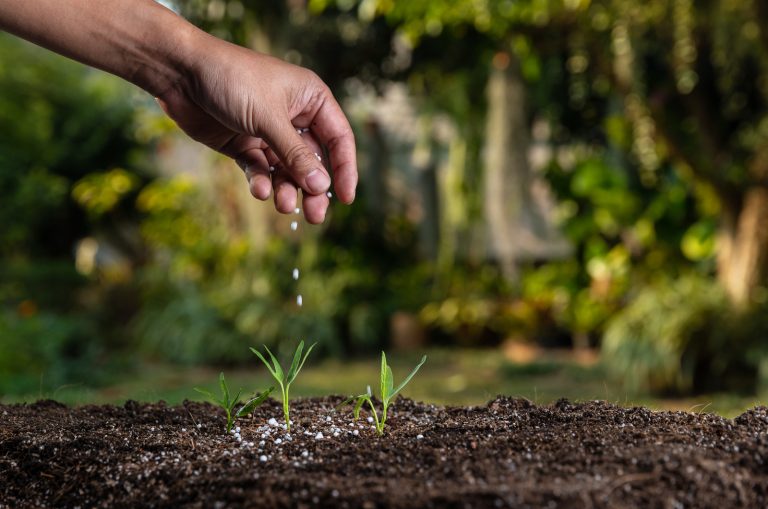Soil Ingredients To Add To Raised Beds In Idaho For Healthier Plants
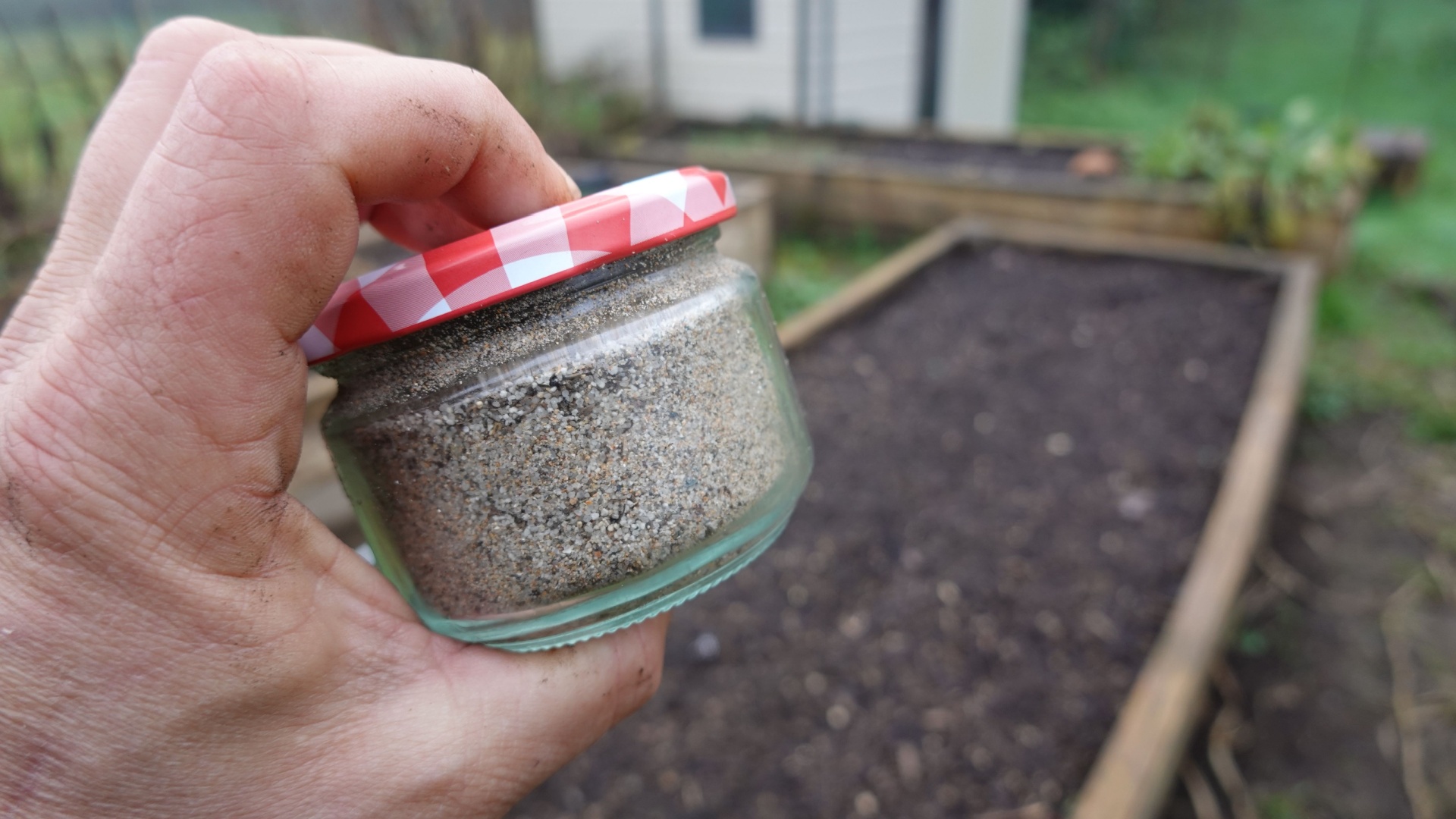
Raised beds give you control—but the real magic starts with what you put in the soil. In Idaho, your plants face unique challenges: cold snaps, dry spells, and soil that’s often missing the good stuff.
The right mix of ingredients can boost drainage, feed your roots, and set your garden up for success. Build your soil right, and your raised beds will reward you with healthier, stronger plants all season long.
1. Compost: Garden’s Black Gold

Decomposed organic material works magic in Idaho’s often clay-heavy soils. Compost improves drainage in heavy soils while helping sandy soils retain moisture – perfect for handling Idaho’s hot, dry summers. Homemade compost from kitchen scraps and yard waste adds beneficial microorganisms that break down nutrients for plant roots. For best results, mix 2-3 inches of compost into your raised bed soil each spring before planting.
2. Worm Castings: Nature’s Plant Superfood
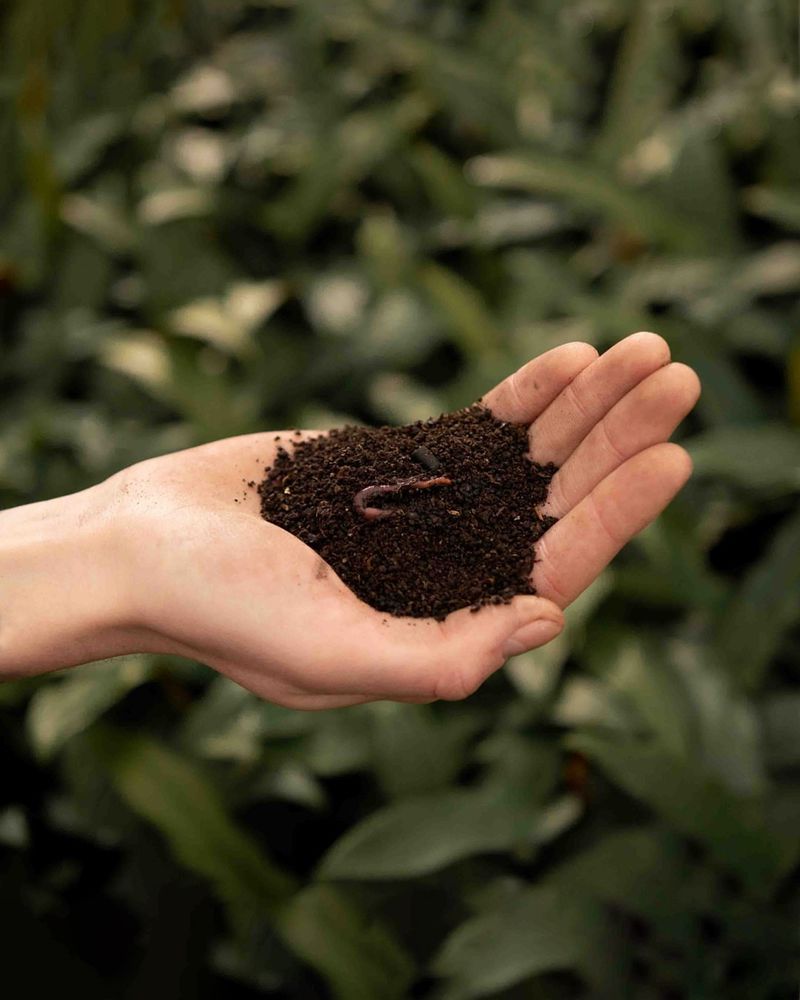
Gardeners often call worm castings ‘plant superfood’ because they’re packed with nutrients plants crave. The natural digestive process of earthworms transforms organic matter into a balanced, gentle fertilizer that won’t burn tender roots.
Idaho’s alkaline soils particularly benefit from the neutral pH of worm castings. Simply sprinkle a half-inch layer across your raised bed soil and gently work it in. Your plants will respond with vigorous growth and increased resistance to common garden pests.
3. Coconut Coir: Drought-Fighting Wonder
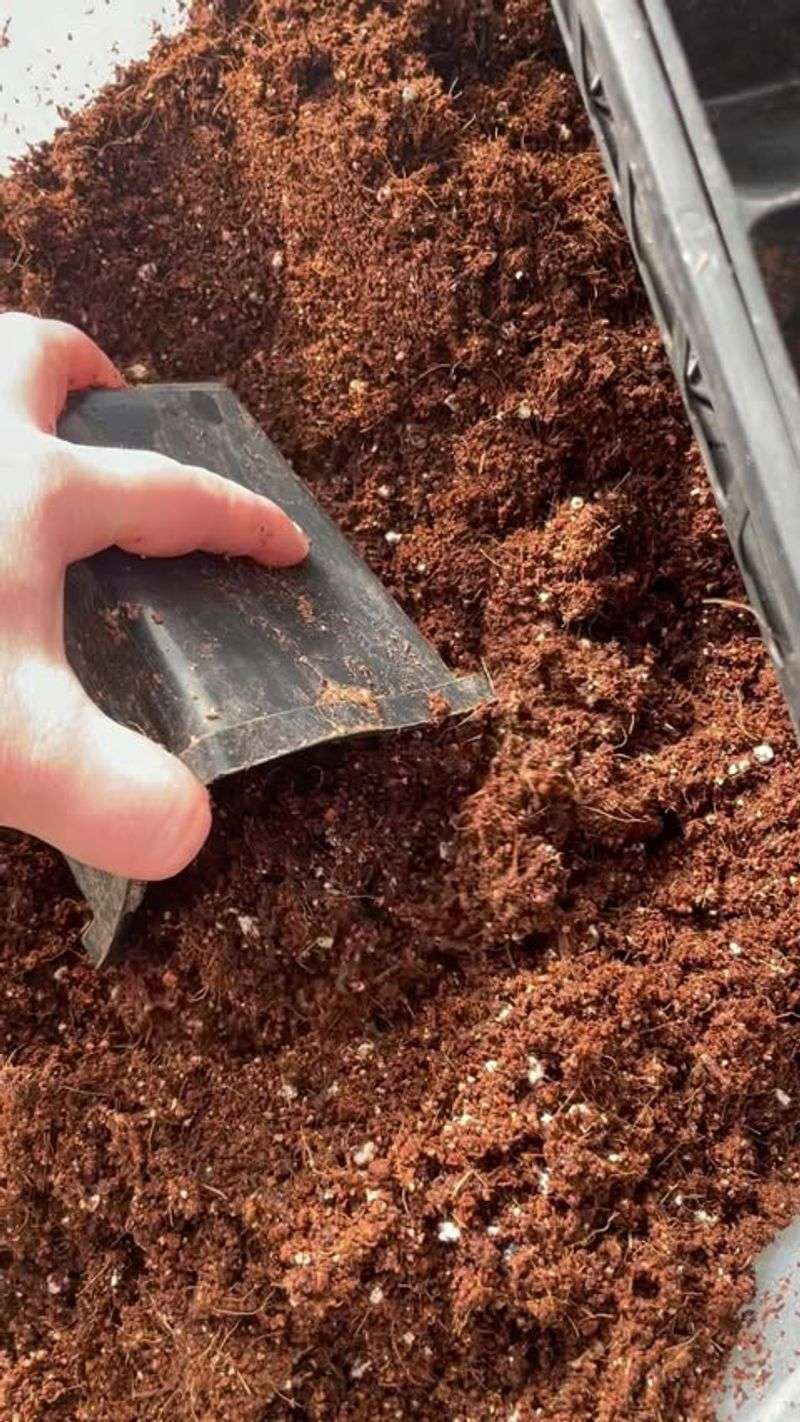
Made from coconut husks, this sustainable peat moss alternative helps Idaho gardeners battle summer drought conditions. Coconut coir holds up to 10 times its weight in water while still allowing proper drainage and root aeration.
Unlike peat moss, coir has a neutral pH that won’t make Idaho’s already alkaline soils worse. Mix it thoroughly with your existing soil at a ratio of about 30% coir to 70% soil for dramatic improvement in moisture retention during those scorching Idaho summer days.
4. Aged Manure: Time-Tested Soil Builder
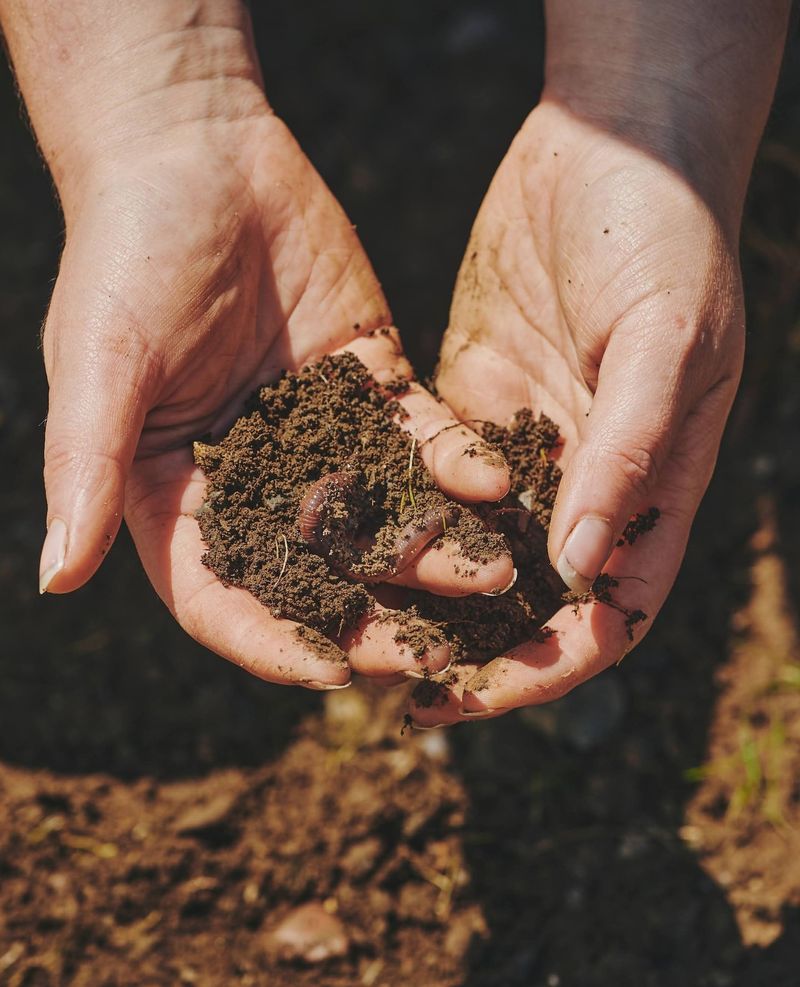
Livestock manure that’s been properly aged for at least six months provides slow-release nutrients perfect for Idaho’s growing season.
Cow, horse, and chicken manures each offer slightly different benefits, with chicken manure providing the highest nitrogen content. Local sources abound in Idaho’s agricultural communities, making this an affordable option.
Mix 1-2 inches into your raised bed soil in fall or early spring, allowing time for it to integrate before planting. Fresh manure can burn plants, so patience with proper aging pays off!
5. Bone Meal: Phosphorus Powerhouse
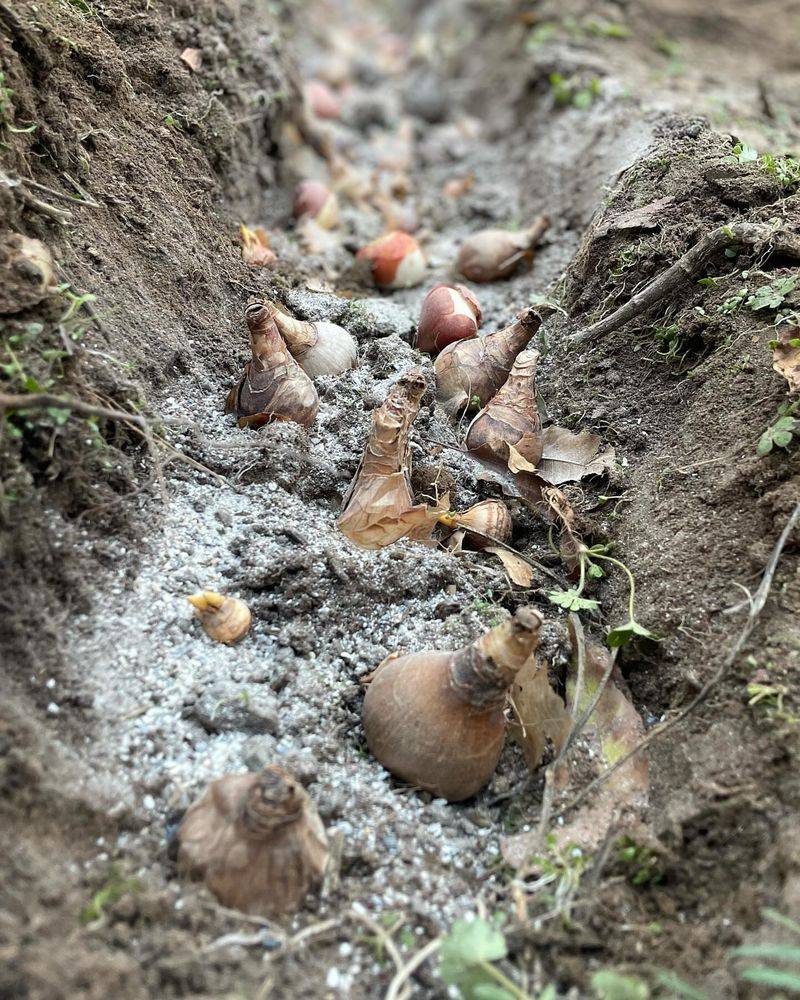
Idaho’s volcanic soils often lack sufficient phosphorus, which plants need for strong root development and flower production.
Bone meal, made from ground animal bones, slowly releases this essential nutrient exactly where plants need it. Particularly beneficial for root crops like potatoes (Idaho’s famous crop!) and flowering plants, bone meal strengthens plant structure from the ground up.
Apply about 5-10 pounds per 100 square feet of garden bed, working it into the top 3 inches of soil before planting.
6. Volcanic Pumice: Idaho’s Native Soil Secret
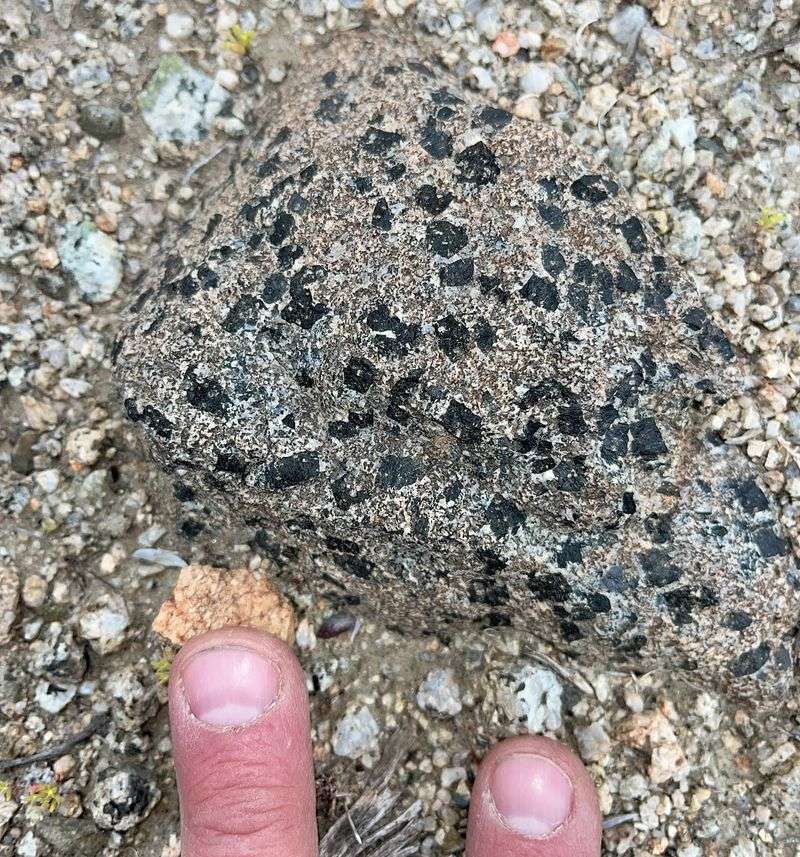
Leveraging Idaho’s volcanic landscape, pumice creates permanent air pockets in garden soil. These tiny, lightweight volcanic rocks never decompose, permanently improving drainage and preventing soil compaction in raised beds.
Unlike perlite, pumice won’t float to the soil surface during watering. Mix 10-20% pumice into your raised bed soil for improved root development and better oxygen flow.
Idaho gardeners with heavy clay soils find pumice particularly valuable for preventing waterlogged roots during spring snow melt.
7. Greensand: Mineral-Rich Marine Deposit
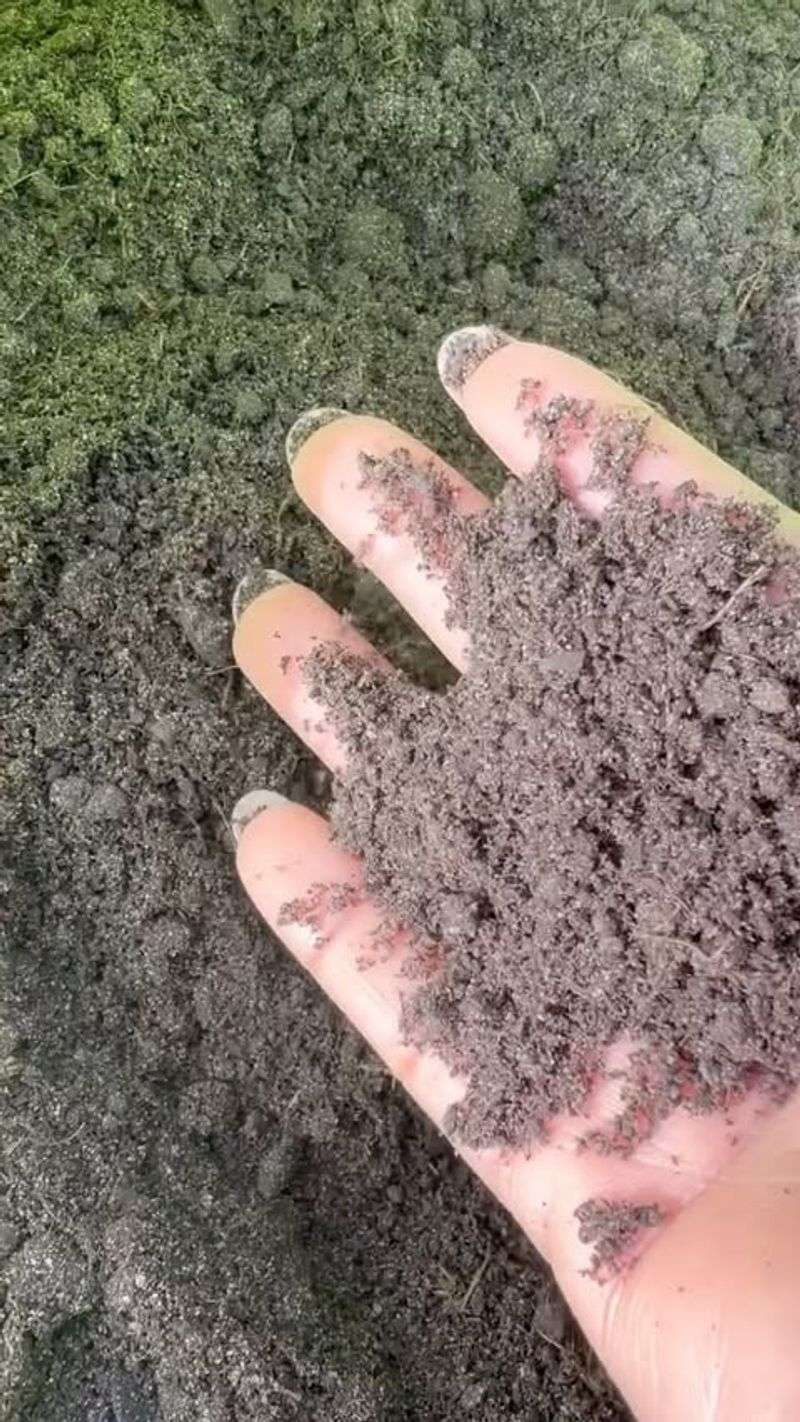
Ancient seabed deposits provide a treasure trove of minerals often missing from Idaho’s inland soils. Greensand contains over 30 trace minerals and potassium that slowly release over several years, making it a long-term soil investment.
The glauconite minerals in greensand also improve soil structure, helping heavy Idaho soils drain better while increasing moisture retention in sandy areas.
Apply 5 pounds per 100 square feet, working it into the top 6 inches of soil for best results.
8. Azomite: Volcanic Mineral Dust
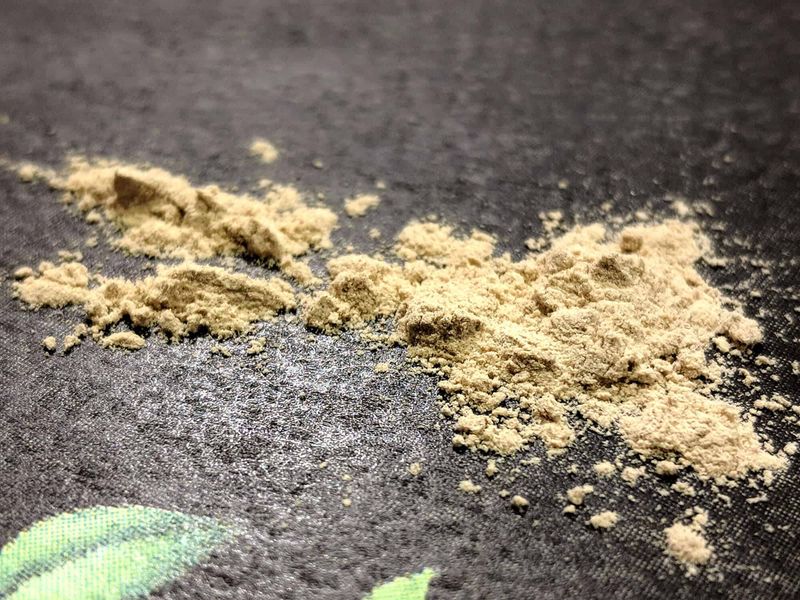
Mined from an ancient volcanic eruption that mixed with seawater, Azomite contains over 70 minerals and trace elements that supercharge plant growth.
Idaho’s soils, while fertile in many ways, often lack this mineral diversity that plants evolved to utilize. Many Idaho gardeners report stronger plants and more flavorful harvests after adding Azomite.
Apply 1-2 pounds per 100 square feet of garden bed, mixing thoroughly with existing soil. The minerals release slowly, benefiting your garden for several growing seasons.
9. Alfalfa Meal: Home-Grown Growth Booster
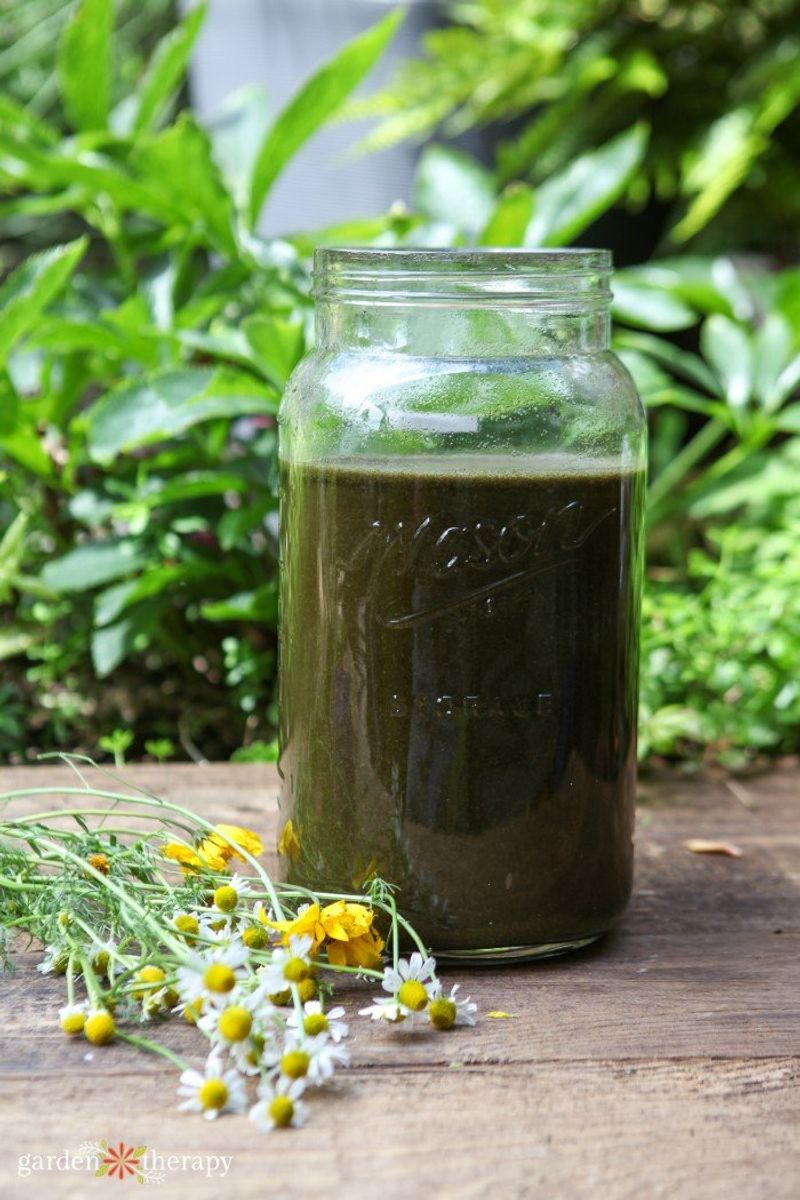
Abundant in Idaho’s agricultural areas, alfalfa contains natural growth stimulants that energize soil microbes and promote robust plant development.
This plant-based amendment adds nitrogen while stimulating beneficial bacterial activity in your garden soil. Alfalfa meal warms up cold spring soils faster, giving Idaho gardeners an earlier start on the growing season.
Work 2-5 pounds per 100 square feet into your raised beds before planting, or brew it into a ‘tea’ for established plants by steeping in water for several days.
10. Biochar: Ancient Carbon-Sequestering Amendment
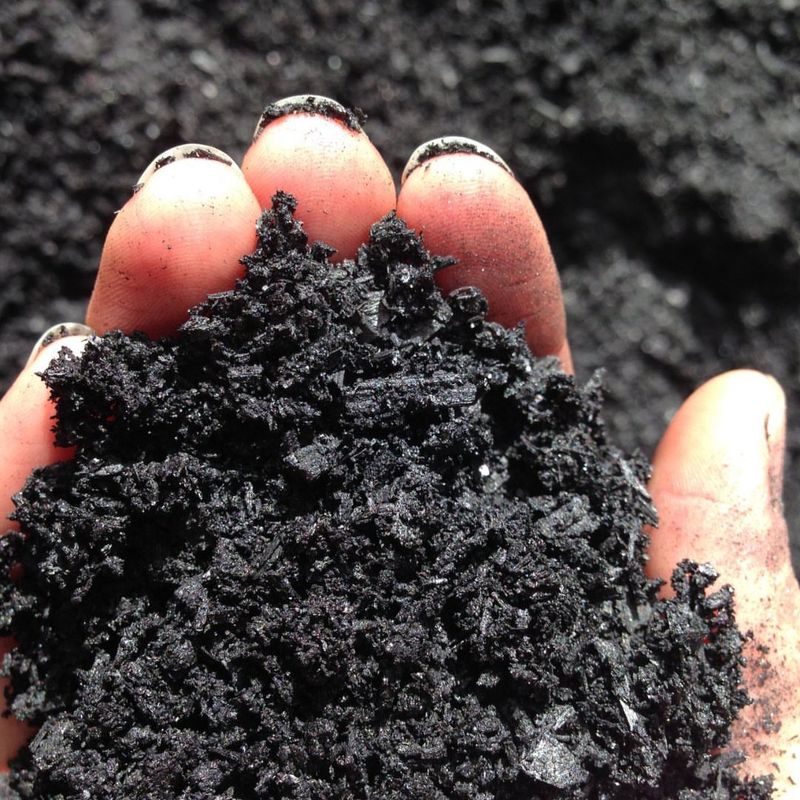
Created through pyrolysis (heating without oxygen), biochar forms a porous charcoal that becomes a permanent home for beneficial microbes in your soil.
Its honeycomb structure increases water retention while improving drainage – perfect for Idaho’s sometimes extreme weather patterns. Unlike other amendments that decompose, biochar remains in soil for hundreds of years.
Mix 5-10% biochar into your raised bed soil, being sure to ‘charge’ it first by soaking in compost tea or liquid fertilizer before adding to prevent temporary nitrogen depletion.
11. Kelp Meal: Ocean Minerals for Mountain Gardens
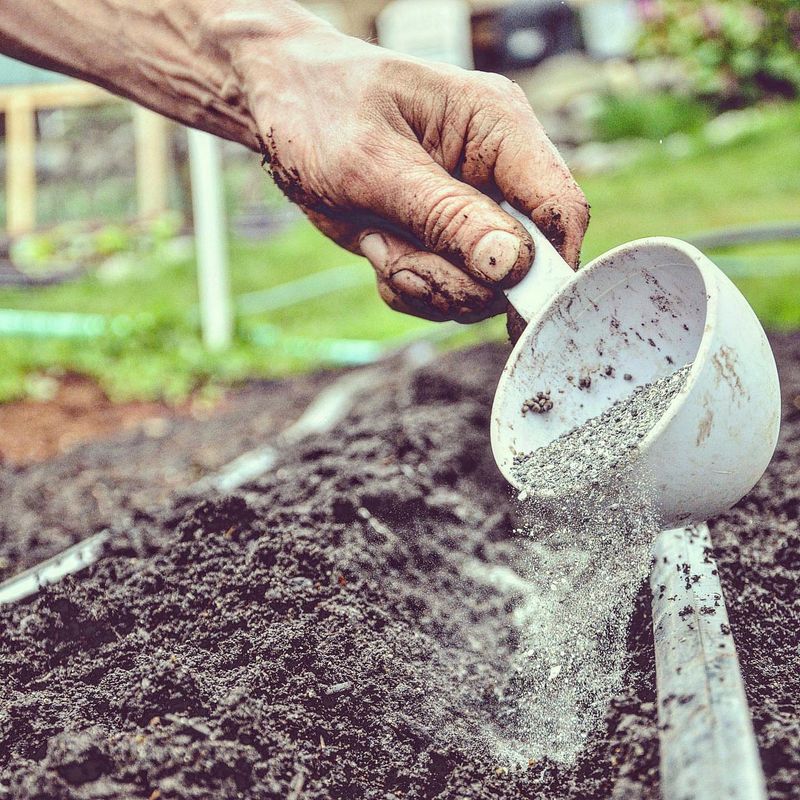
Seaweed brings the ocean’s bounty to landlocked Idaho gardens. Rich in micronutrients and natural growth hormones, kelp meal strengthens plants against Idaho’s temperature extremes and boosts their immune systems against pests and diseases.
The natural cytokinins in kelp promote cell division, resulting in more vigorous plants with stronger stems. Apply 1 pound per 100 square feet of garden bed, working it into the soil before planting.
For established plants, try a foliar spray made by steeping kelp meal in water.
12. Gypsum: Clay-Busting Calcium Source
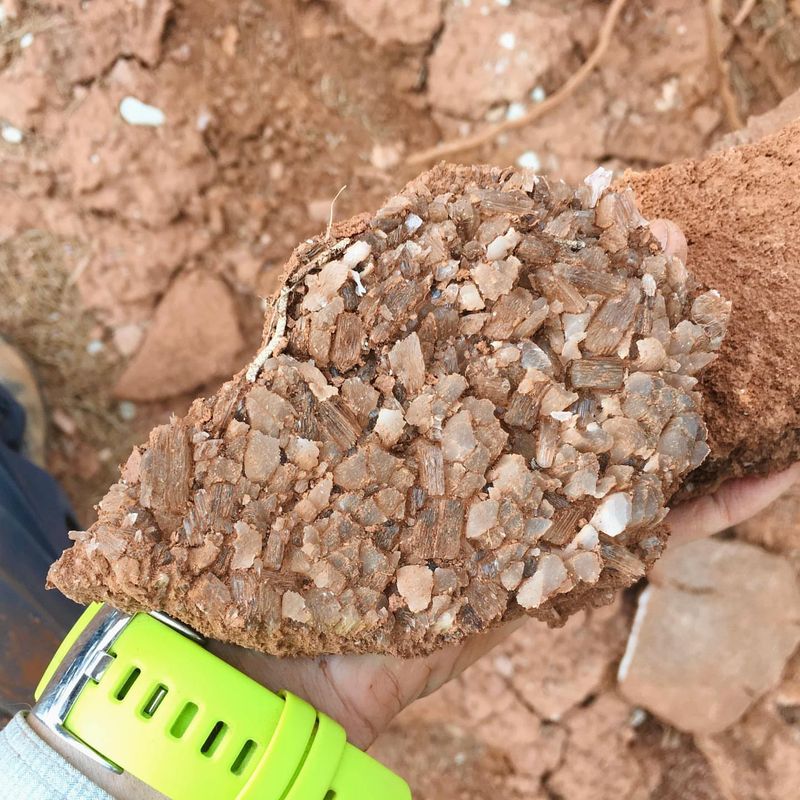
Many Idaho soils contain clay that becomes compacted and drains poorly. Gypsum (calcium sulfate) breaks up clay particles without changing soil pH, improving both drainage and root penetration in heavy soils.
Beyond improving soil structure, gypsum adds calcium that strengthens cell walls and prevents disorders like blossom end rot in tomatoes.
Apply 20-30 pounds per 100 square feet in heavy clay areas, working it into the top 6 inches of soil. Effects begin within weeks but continue improving for months.
13. Rice Hulls: Lightweight Drainage Improver
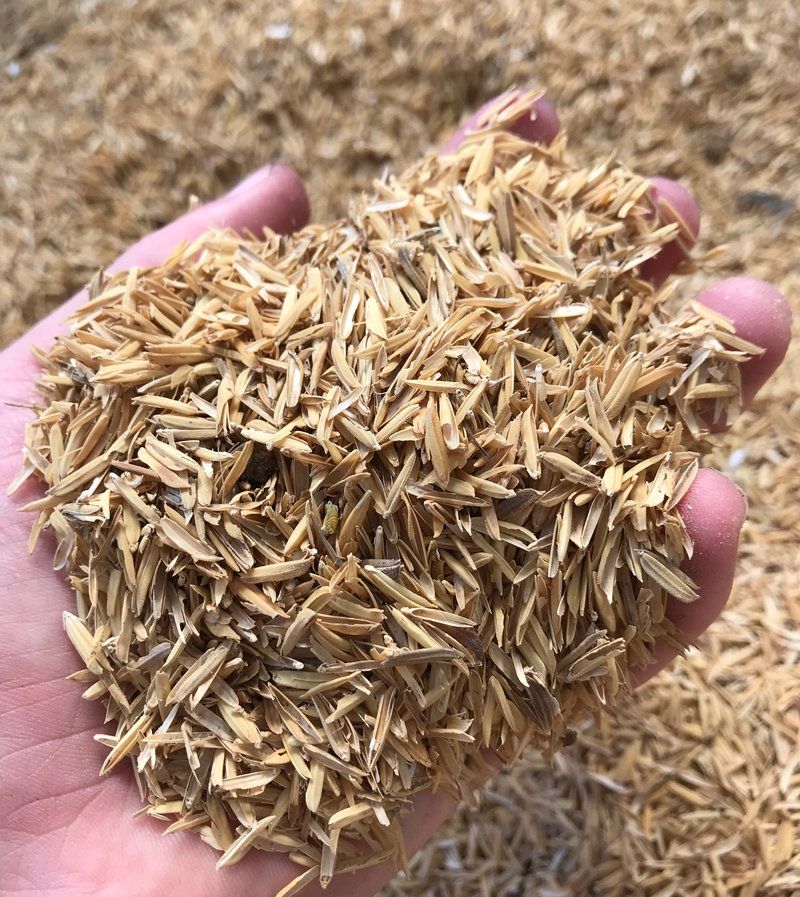
The outer coating of rice grains creates an excellent soil conditioner that’s particularly valuable in Idaho’s heavier soils. Rice hulls improve drainage while slowly decomposing to add organic matter, creating ideal growing conditions for root vegetables.
Unlike wood chips, rice hulls don’t rob nitrogen from soil as they break down. Mix them into raised bed soil at 10-15% volume to create air pockets that prevent soil compaction.
Idaho gardeners with clay soils find rice hulls particularly effective at preventing waterlogged conditions during spring thaws.
14. Mycorrhizal Fungi: Underground Root Allies
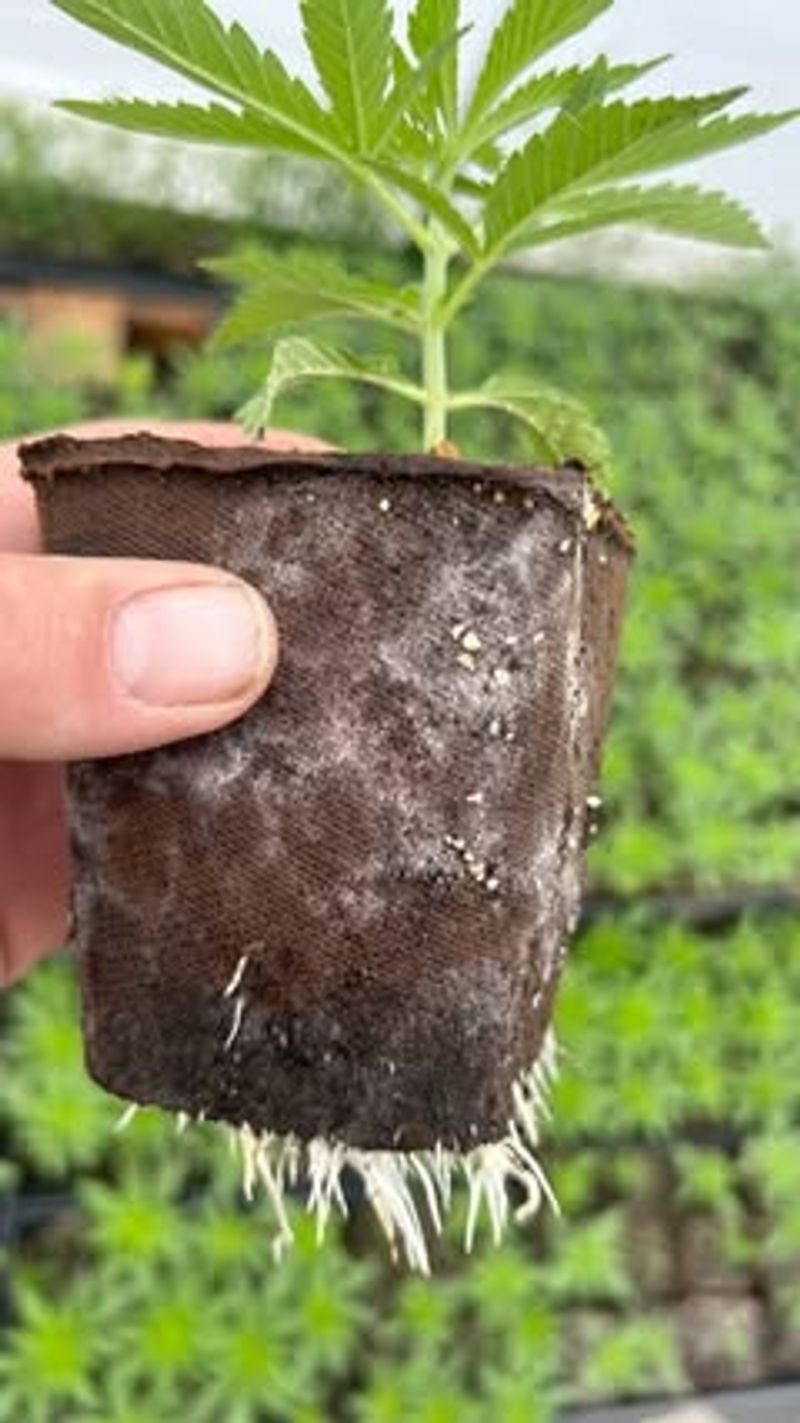
These beneficial fungi form partnerships with plant roots, essentially extending their reach up to 100 times farther into the soil. In Idaho’s sometimes nutrient-poor or compacted soils, this gives plants access to water and nutrients they couldn’t reach on their own.
Available as powders or granules, mycorrhizal fungi only need to be applied once as they colonize and spread throughout your garden soil.
Apply directly to plant roots during transplanting or sprinkle into seed furrows at planting time for best results.
15. Expanded Shale: Permanent Soil Conditioner
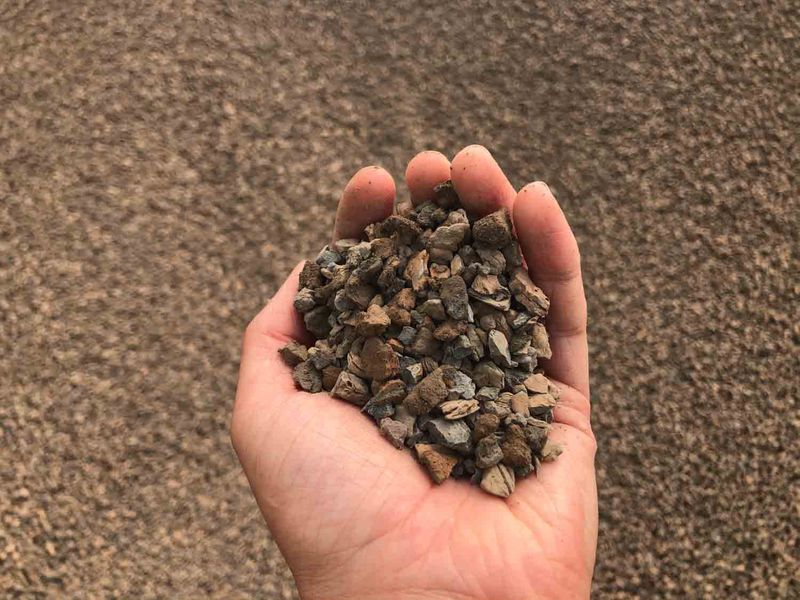
Kiln-fired shale creates lightweight, porous rocks that improve both drainage and water retention in Idaho garden soils. Unlike organic amendments that decompose, expanded shale permanently changes soil structure, creating ideal growing conditions year after year.
Particularly valuable in Idaho’s clay soils, expanded shale prevents compaction while providing air spaces for healthy root development. Mix 10-20% by volume into your raised bed soil.
Though more expensive initially than some amendments, its permanent nature makes it cost-effective over time.

